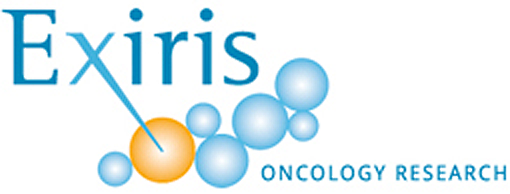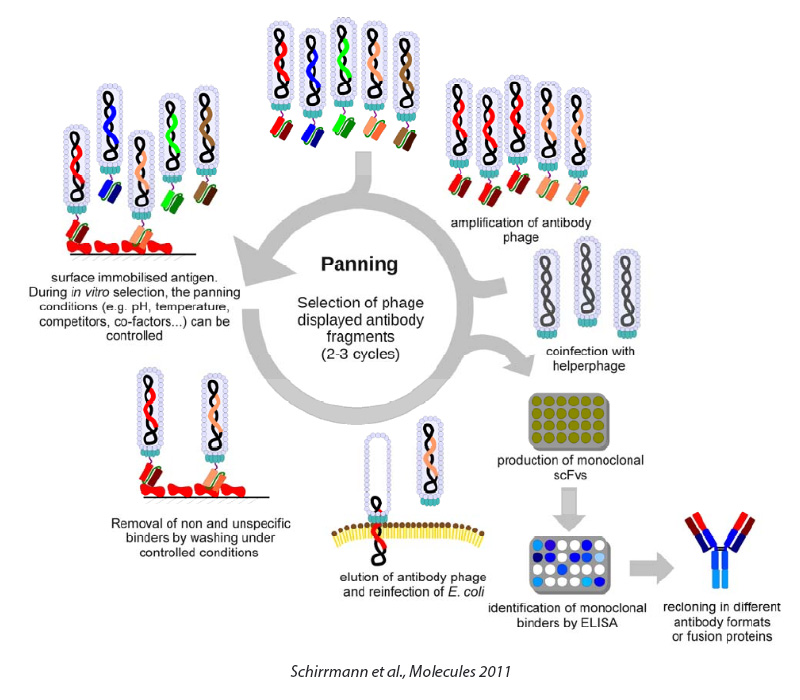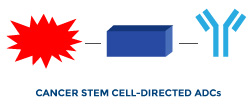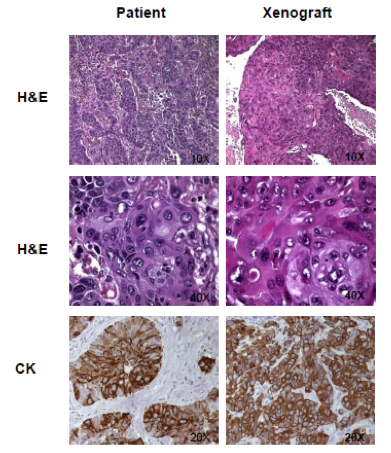- Antibody Drug Conjugates (ADCs) have emerged as a highly promising novel therapeutic approach. The principle of ADCs, apparently simple and straightforward, is to link a cytotoxic agent to a tumor-specific antibody, thereby causing a selective targeting of the cytotoxic drug to the tumor tissue. In reality, there are considerable technologic hurdles that had to be overcome in order to reduce the theory into clinically applicable practice. The potency of the cytotoxic drug, the linker technologies, the nature of the antigen, the properties of the antibody and the physico-chemical properties of the ADC all impinge on efficacy and therapeutic index. While Myelotarg, a first generation ADC, was withdrawn from the market due to tolerability issues related to suboptimal design, in recent years, two second-generation ADCs, Kadcyla and Adcetris, with improved technology were licensed for the treatment of advanced solid or hematologic malignancies. There are many additional ADCs in development throughout the pharmaceutical industry but thus far relatively few cytotoxic drugs were found to be amenable for the development of ADCs. Agents that would primarily target proliferating cells or that are substrates for drug efflux pumps (highly expressed in the stem cell compartment) are predicted to be poorly efficacious against cancer stem cells.
- Exiris, in collaboration with Prof N. Sewald from the University of Bielefeld, Germany, has identified a novel class of drugs, that shows picomolar activity against stem cells from colon and lung cancers. This discovery is subject of a patent application and is being exploited to develop novel therapeutic conjugates for the treatment of human cancers.
READ MORE
This project is in part sustained by Regione Lazio through a FESR grant






